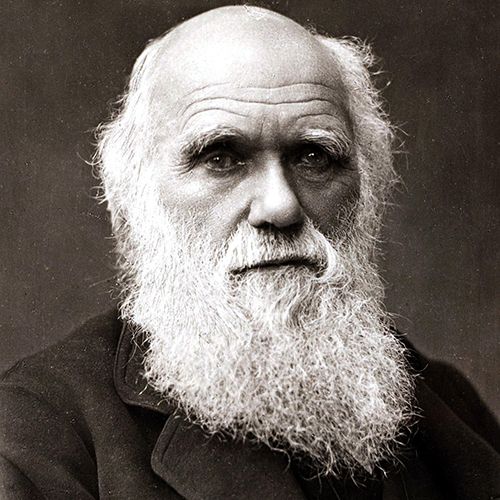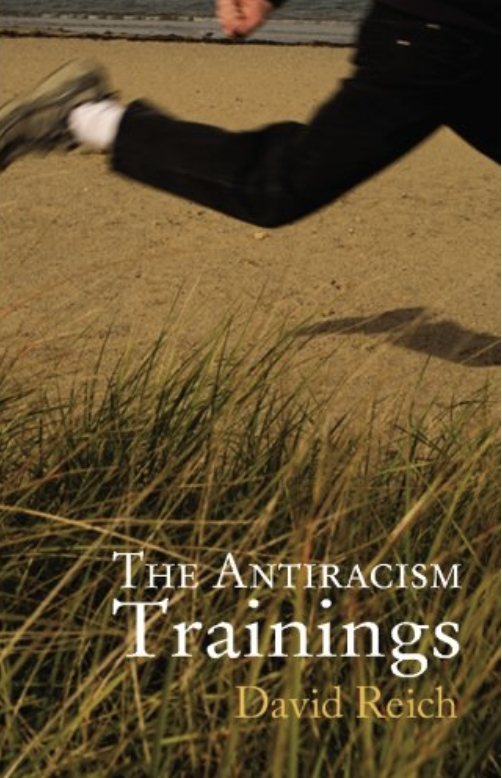Understanding our Supreme Courts: US and Canadian Perspectives
In these session (origionally presented on Feb 13, 2024) our three presenters discus the ways in which our two Supreme Courts are appointed and some of the major issues with which they deal. The decisions of these courts have powerful and sometimes unexpected effects on all our lives.
FACILITATOR BIOS:
Nils and Joyce (husband & wife who live in Port Townsend, WA) have offered SCOTUS overview courses for their county library for the past three years, as well as a book study of The Great Dissenter: The Story of John Marshall Harlan, America’s Judicial Hero. For several years before that, they offered historical and topical overviews of the Supreme Court through the local UU fellowship’s adult education program, their county library and two local Community Colleges.
____________________________________________
Nils Pedersen is a retired patent attorney and newly-admitted member of the WA State Bar. His current legal interest is estate law and end-of-life legal planning.
________________________________________
Joyce Francis is a retired international relations professor and long-time organizer and facilitator of adult-education programs. She is also a member of NAUA’s Academy Advisory Board.Speakers:
Anthony (Tony) Carfagnini began practicing law in 1979 and carried on a corporate commercial, real estate, wills and estates and aboriginal law practice.ony’s professional interests and experience include business law, corporate governance, indigenous consultation and resource development, and privacy law. For over 40 years he acted as legal counsel to a number of First Nations and indigenous organizations engaged in child welfare, medical services, political advocacy, renewable energy projects, forestry and economic development.


